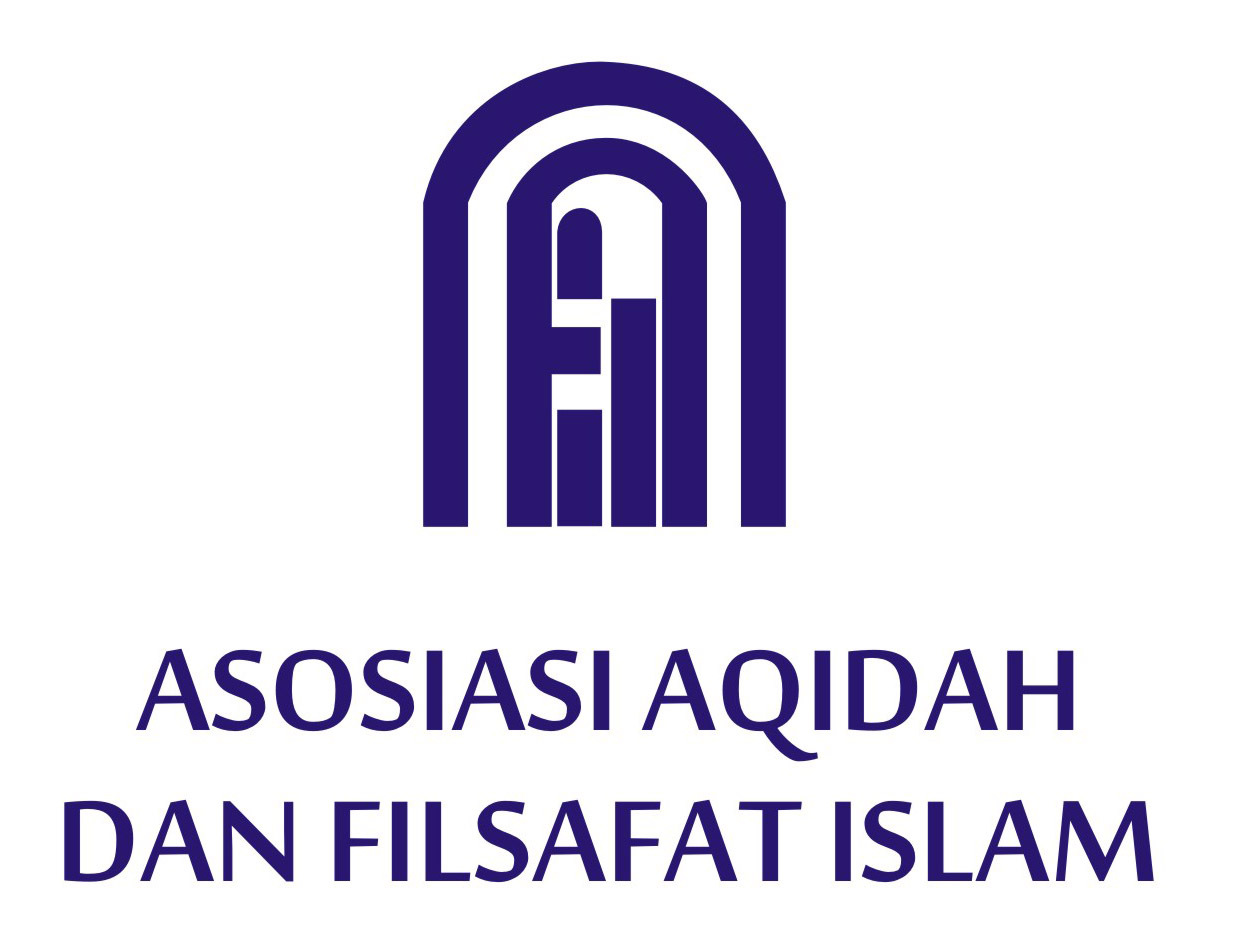The Secular State: An Epistemological Approach to The An-Na’im’s Political Thought
Abstract
This article aims to reveal the political thoughts of Abdullahi Ahmed An-Na'im regarding the concept of a secular state. The material object of this study is An-Na'im's political thought in the form of a secular state concept which is reviewed using epistemology as its formal object. The results of this study explain that: first, the basic assumption of An-Na'im's political thought is a post-secularist worldview. Second, the paradigm is anthropocentric positivism. Third, the framework is constitutionalism, human rights, and citizenship. All these three are used by An-Na'im primarily to make sharia relevant to the context of a modern state. Viewed from an Islamic perspective, the epistemology of An-Na'im's political thought is problematic because after all, post-secularism is still rooted in the principle of separation of state and religion. Making post-secularism a basic assumption is a form of confusion in perspective. Making anthropocentric positivism a paradigm also means placing human knowledge as the main truth. Likewise, framing sharia within the framework of constitutionalism, human rights, and citizenship is a step that has the potential to ignore aspects of the maslahat contained in sharia.
Keywords
Full Text:
PDFReferences
An-Na’im, Abdullahi Ahmed. “Constitutionalism and Islamization in the Sudan in Sharia Law and Strife in the Sudan: Is Peace Possible?” Africa Today 36, no. 3–4 (1989).
———. Islam and the Secular State: Negotiating the Future of Sharia. Cambridge: Harvard University Press, 2008.
———. “Islamic Law, International Relations, and Human Rights: Challange and Response.” Cornell International Law Journal 20, no. 2 (1987).
———. Toward an Islamic Reformation: Civil Liberties, Human Rights, and International Law. New York: Syracusae University Press, 1990.
An-Na’im, Abdullahi Ahmed, and Mohamed Arkoun. Dekonstruksi Syariah: Kritik Konsep Penjelasan Lain. Translated by Farid Wajidi. Yogyakarta: LKiS, 1993.
Attar, Suehyla el-. Curriculum Vitae: Professor Abdullahi Ahmed An-Na’im, Ph.D. Atlanta: School of Law Emory University, 2005.
Attas, Syed Muhammad Naquib al-. Islam and Secularism. Kuala Lumpur: ISTAC, 1995.
———. Risalah Untuk Kaum Muslimin. Kuala Lumpur: ISTAC, 2001.
Bonhoeffer, Dietrich. Prisoner for God: Letters and Papers from Prison. Translated by Reginald Fuller. New York: The MacMillan Company, 1959.
Busyro. “Abdullahi Ahmed An-Na’im Dan Konsep Pemikiran Hukum Liberalnya.” Jurnal Al-Hurriyyah 15, no. 2 (2014).
Comte, Auguste. A General View of Positivism. Translated by John H. Bridges. Cambridge: Cambridge University Press, 2009.
Cox, Harvey. The Secular City: Secularization and Urbanization in Theological Perspective. Princeton: Princeton University Press, 2013.
Gogarten, Friedrich. Christ the Crisis: Basic Questions Concerning Christology. Translated by R.A. Wilson. Virginia: SCM Press, 1970.
Imarah, Muhammad. Al-Islam Wa Ushul al-Hukm Li Ali Abdur Raziq: Dirasah Wa Wasa`iq. Beirut: Mu`assasah al-’Arabiyyah, 2000.
Jalil, Abdul Aziz Nasser al-. Wa Kadzalika Ja’alnakum Ummatan Wasathan. Riyadh: Dar al-Thayyibah, 1425.
Karim, Khalil Abdul. Al-Islam Bayna al-Dawlah al-Diniyyah Wa al-Dawlah al-Madaniyyah. Cairo: Sina Press, 1995.
Khoir, Tolkhatul. “Titik Temu Pemikiran Mahmoud Mohamed Thaha Dan Abdullahi Ahmed An-Na’im.” International Journal Ihya` ’Ulum al-Din 18, no. 1 (September 2017).
Muslih, Mohammad. Falsafah Sains: Dari Isu Integrasi Keilmuan Menuju Lahirnya Sains Teistik. Yogyakarta: LESFI, 2017.
———. “Sains Islam Dalam Diskursus Filsafat Ilmu.” Kalam 8, no. 1 (June 2014).
Plato. Protagoras. Translated by Jowett Benjamin. New York: The Bobbs Merrill, 1956.
Reder, Michael, and Josef Schmidt. “Habermas and Religion.” In An Awareness of What Is Missing: Faith and Reason in Post-Secular Age, by Jurgen Habermas. Cambridge: Polity Press, 2010.
Safi, Louay M. Al-Aqidah Wa al-Siyasah: Ma’alim Nadzariyyah ‘Ammah Li al-Dawlah al-Islamiyyah. Virginia: IIIT, 1996.
Shaltut, Mahmud. Al-Islam Aqidah Wa Syari’ah. Cairo: Dar al-Syarq, 1968.
Syanqithi, Muhammad al-Amin al-. Al-Muhadharat. Mecca: Dar ’Ilm al-Fawa`id, 1426.
Thaha, Mahmoud Mohamed, and Mahmoud Mohamed An-Na’im. The Second Massage of Islam. New York: Syracusae University Press, 1987.
Usman, Zulkifli Abdurrahman, and Baiquni Hasbi. “Neo-Sekularisme Dalam Pemikiran Abdullahi Ahmed An-Na’im: Studi Tentang Relasi Islam Dan Negara.” Politea Jurnal Pemikiran Politik Islam 05, no. 1 (2022).
Weir, Todd H. “Germany Amd the New Global History of Secularism: Questioning the Postcolonial Genealogy.” The Germanic Review: Literature, Culture, Theory 90, no. 01 (January 2015).
Zuckerman, Phil, and John R. Shook. The Oxford Handbook of Secularism. New York: Oxford University Press, 2017.
Zulkifli. Pemikiran Abdullah Ahmed An-Na’im Tentang Relasi Islam Dan Negara. Tangerang: Pustaka Pedia, 2020.
DOI: http://dx.doi.org/10.24042/002023171447200
Refbacks
- There are currently no refbacks.
Copyright (c) 2023 Mohamad Latief, Ahmad Rizqi Fadlilah, and Rd Adityawarman
License URL: https://creativecommons.org/licenses/by-sa/4.0
KALAM [ISSN: 0853-9510, e-ISSN: 2540-7759] published by Faculty of Ushuluddin and Religious Study, Universitas Islam Negeri Raden Intan Lampung in collaboration with Asosiasi Aqidah dan Filsafat Islam (Islamic Theology and Philosophy Association)
Office: Faculty of Ushuluddin and Religious Study, Universitas Islam Negeri Raden Intan Lampung. Letkol H. Endro Suratmin Street, Sukarame, Bandar Lampung, Lampung, Indonesia, Postal code 34513. Website: http://ejournal.radenintan.ac.id/index.php/kalam, Email: kalam@radenintan.ac.id.
 This journal is licensed under a Creative Commons Attribution-ShareAlike 4.0 International License.
This journal is licensed under a Creative Commons Attribution-ShareAlike 4.0 International License.


